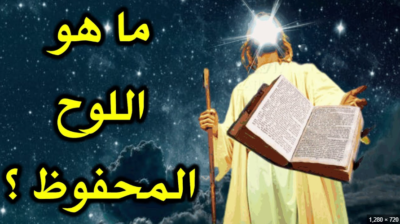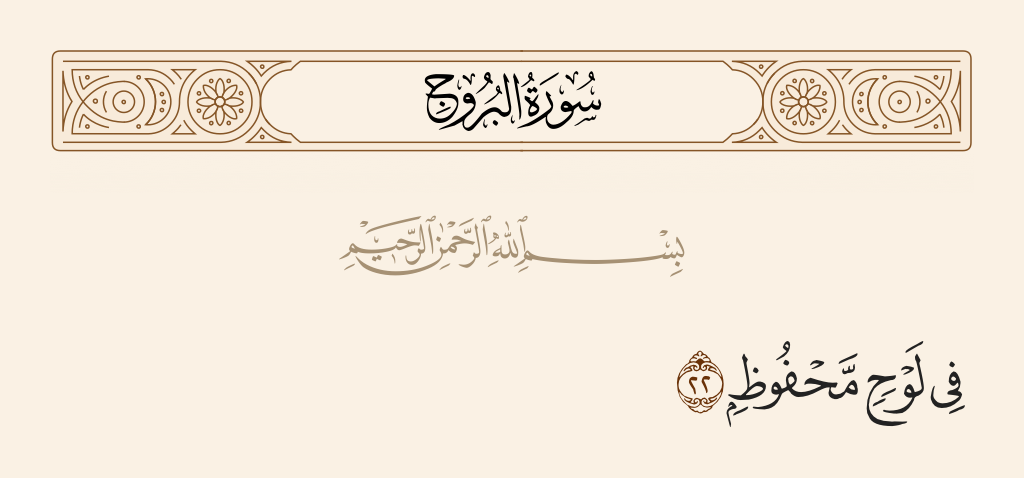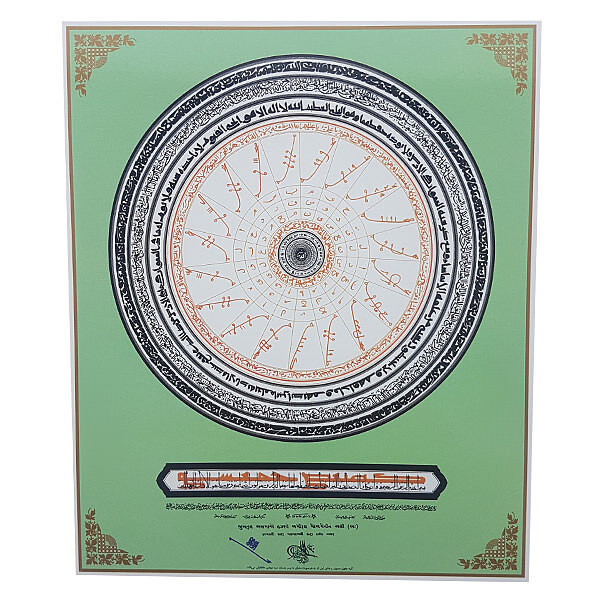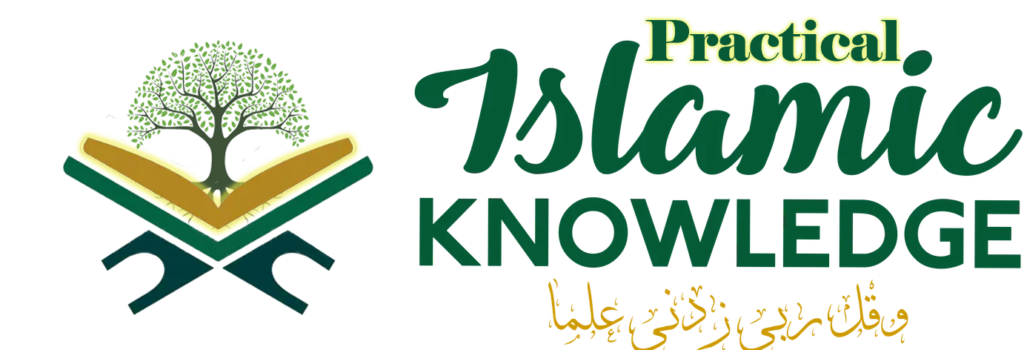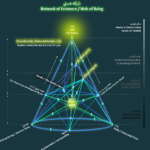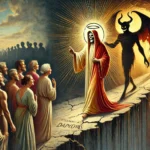The Divine Tablet
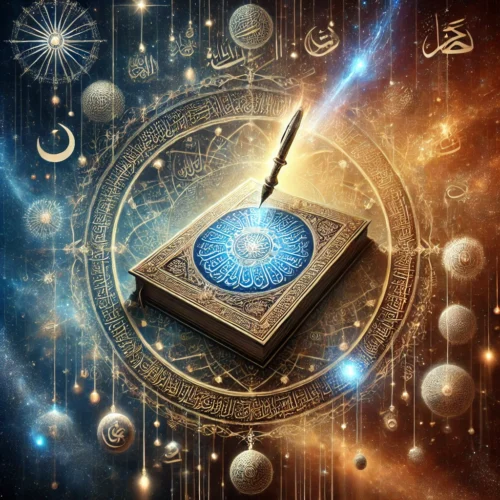
Understanding the Concept of the Tablet in Islamic Thought
Question:
What does the “Tablet” refer to in the phrase “He created the Throne, the Tablet, and the Sun”?
Category: Islamic Theology
Keywords: Tablet, Throne, divine knowledge, pen of destiny, preserved tablet, Mūla Sadra, active intellect
Short Answer
The “Tablet” refers to a metaphysical book in which all the phenomena of the universe are inscribed by the “pen of destiny.” It is a protected and unchangeable repository of divine knowledge. This concept is metaphorical, aimed at approximating human understanding of divine realities, and should not be equated with physical objects like ordinary pens or paper. Philosophers such as Mūla Sadra have described it as the general soul or active intellect of the universe.
Detailed Explanation
1. Literal and Metaphorical Understanding:
The term “Tablet” literally refers to any medium that can hold writing, such as paper, stone, or skin. In the Qur’anic and Islamic context, it metaphorically represents a sublime truth—a divine book where all events and phenomena of the universe are recorded. It is often described as “preserved” (Preserved Tablet) because it is safeguarded from any alteration. This metaphor serves to simplify the concept for human comprehension while maintaining its divine significance.
2. The Divine Nature of the Tablet:
The “Tablet” is not a physical entity but a metaphysical one, akin to the “Throne” (Throne) or “Chair” (Chair). It is part of the unseen realm (the unseen realm) and is accessible only through divine revelation and Shari’ah. Human intellect alone cannot fully grasp its essence. The Tablet symbolizes divine order, predestination, and the unchanging knowledge of الله, encompassing past, present, and future events.
3. Philosophical Interpretations:
Islamic philosophers have provided deeper insights into the concept of the Tablet. For instance:
Active Intellect: Some scholars equate the Tablet with the active intellect, a cosmic principle that governs the flow of divine knowledge into the material world.
General Soul: Mūla Sadra describes the preserved Tablet as the “general soul of the constellation.” He explains that all future and present events are inscribed in this metaphysical entity, much like patterns written on paper. This “general soul” serves as a cosmic repository for the causes and movements of the universe, connecting it to the divine will.
4. The Pen of Destiny:
The “Pen” associated with the Tablet represents divine decree, the instrument through which God’s will is executed. Together, the Tablet and Pen illustrate the intricate relationship between divine knowledge and the unfolding of events in the universe.
Key Lessons
Metaphorical Nature: The Tablet is a metaphorical concept, not a physical object, meant to help humans understand divine realities.
Divine Knowledge: It symbolizes the complete and unchangeable knowledge of God about all things in the universe.
Philosophical Depth: Philosophers like Mūla Sadra link the Tablet to the active intellect or general soul, bridging metaphysics with theology.
Human Understanding: The use of familiar terms like “Tablet” and “Pen” makes profound theological concepts accessible to human minds.
Conclusion
The “Tablet” in Islamic theology represents the preserved and unalterable record of divine knowledge, a concept far beyond physical representation. Rooted in metaphysical and philosophical interpretations, it signifies the divine order that governs the universe. While it serves as a crucial metaphor to approximate understanding, its full essence remains a divine mystery accessible only through revelation and divine wisdom.
